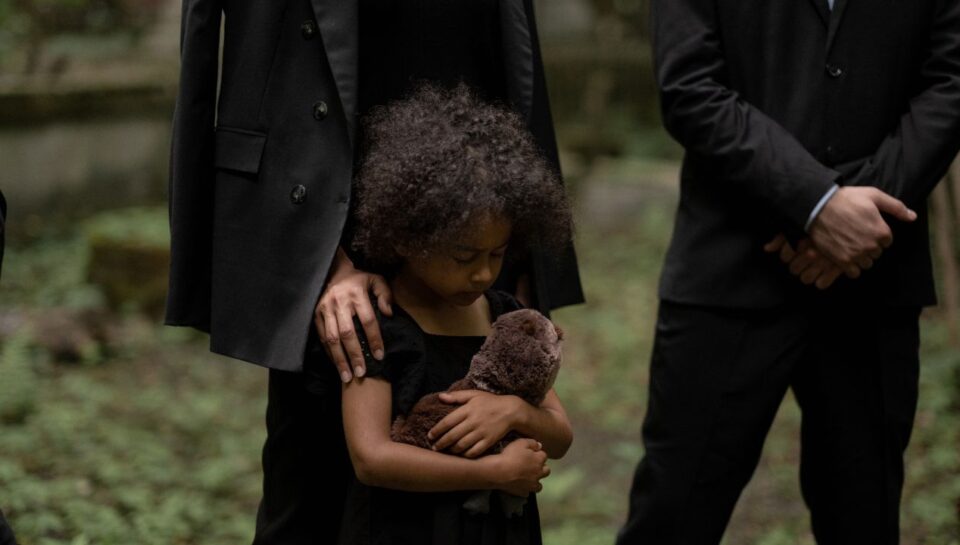Children Grieve Too, Just Differently

The Overlooked Grief of a Bereaved Child
When a child loses a sibling, adults often assume their grief is less intense and, perhaps, less complex than that of parents. Consequently, the overwhelming focus tends to be on the parents’ sorrow, thereby minimising, ignoring or misunderstanding the surviving child’s pain minimised, ignored, or misunderstood. Yet, to the child, the loss of a brother or sister, for instance, is not just a death—it is the loss of a playmate, a confidant, a co-creator of childhood memories. It is a shift in identity within the family, a disruption of what “home” felt like. If not handled with care, this kind of grief can have long-lasting emotional consequences.
While adults are recognised for their sorrow and given the space to grieve, a bereaved child’s grief is frequently overlooked or underestimated. Society’s tendency to assume that children are resilient, or even unaware of the full gravity of loss, often leaves them without the necessary emotional support to process their pain. However, the grief of a child is profound, long-lasting, and requires as much—if not more—attention as that of an adult.
So, how do children experience and express grief differently from adults?
Unlike adults, children often grieve in waves—they cycle in and out of grief, appearing fine one moment and devastated the next—rather than in a continuous emotional state. One moment, they may cry uncontrollably; the next, they might ask if they can go outside and play. This fluctuation does not mean they are unaffected—it simply reflects their limited ability to process complex emotions all at once. Generally, their understanding of death depends on their age, developmental stage, and prior experiences because they do not always have the cognitive development to fully articulate their feelings.
Younger children, like preschoolers, may not grasp the concept of permanence and the finality of death and might ask when their lost parent, sibling, or loved one is “coming back.” Older children and teenagers, on the other hand, may internalise their grief or express it through behavioural changes rather than words. School-age children may struggle with guilt, fearing they somehow caused the death due to past sibling conflicts and may become hyper-independent to avoid burdening grieving parents. In a bid not to add to their parents’ pain, teenagers may avoid talking about their emotions, and would rather express grief through withdrawal or even anger.
When a child’s grief is ignored or dismissed, the consequences can be far-reaching. Research has shown that bereaved children are at a higher risk of developing emotional and behavioural issues, including anxiety and depression. According to the National Alliance for Grieving Children, unresolved grief can manifest in disruptive behaviours, withdrawal from social activities, difficulties in school or even self-destructive tendencies. Also, grief can impact a child’s self-esteem and sense of security. A child who loses a parent, for example, may struggle with feelings of abandonment and fear that they will lose other loved ones. This can create long-term attachment issues, making it difficult for them to nurture relationships as they grow older.
Supporting a grieving child is, therefore, very pertinent and is not just the responsibility of immediate family members. Schools, communities, and healthcare providers must also recognise the impact of childhood grief and offer the necessary support. Creating awareness about childhood bereavement can help dismantle the stigma around grief, ensuring that children receive the care and attention they deserve.
The grief of a bereaved child is often invisible to the world, yet it is as real and painful as that of any grieving adult. By acknowledging their pain, creating safe spaces for expression, and providing long-term emotional support, we can help bereaved children healthily navigate their loss. After all, grief does not disappear with time—it is processed through love, understanding, and compassion. And when supported correctly, a child’s grief can become a pathway to resilience rather than a burden of unspoken pain. It is important we recognise and address the overlooked grief of children.
